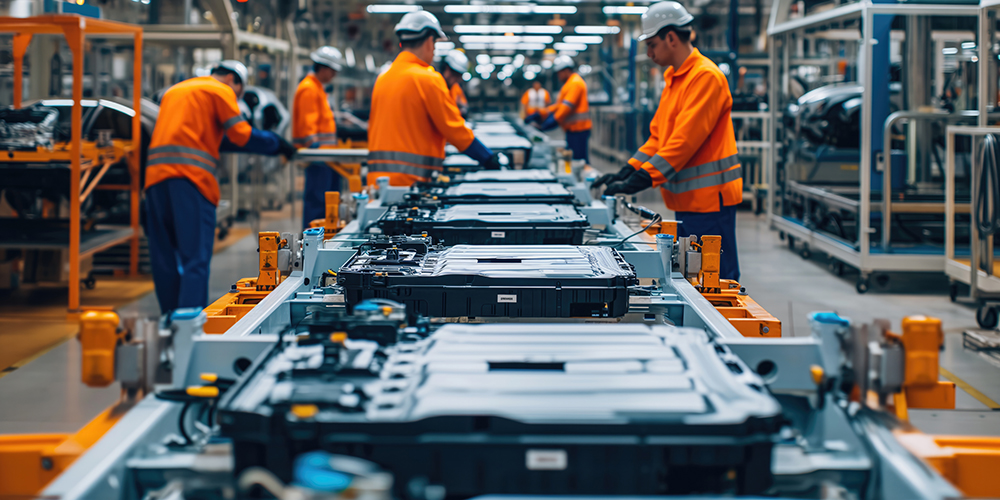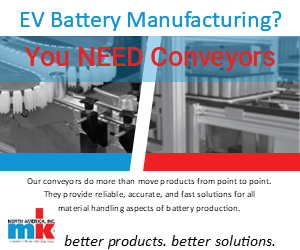After decades of trumpeting “free trade,” and watching industry after industry decamp to China, the US government has apparently decided to draw a red line in front of the auto industry, and protectionism is back in style.
US automakers are currently protected from Chinese competition by a 27.5% tariff. But will that be enough to protect the companies from their own shortsightedness? Since the 2008 advent of the Tesla Roadster (or since the 1996 debut of GM’s EV1?), it has been plain that electrification is the future of the auto industry. But US automakers (and pretty much all legacy firms outside of China) have spent that time dithering, delaying, obfuscating, misinforming the public and lobbying policymakers, in order to slow the transition.
The Biden Administration has done much to try to jump-start the moribund US EV industry, but its efforts may be too little, too late. Chinese automakers are exporting quality EVs to Europe and elsewhere, at prices no Western automaker can hope to match. They’re also building auto plants in Mexico, and many believe that they hope to eventually export vehicles from these plants to the US. (About 20 Chinese automakers sell cars in Mexico, but none currently produce them in the country.)
Now the US government is reportedly pressuring Mexico not to smooth the Chinese automakers’ path by offering incentives such as low-cost public land or tax breaks.
The last meeting between top Mexican officials and a Chinese automaker was in January, “three Mexican officials familiar with the matter” told Reuters. At the meeting with execs from behemoth BYD, Mexican authorities made it clear that they would not offer incentives like those awarded to automakers in the past, and that future meetings with Chinese automakers would be put on hold.
According to the sources, the Mexicans snubbed the Chinese in response to pressure from the Office of the United States Trade Representative (USTR) to keep Chinese automakers out of the free trade zone established under the North American Free Trade Agreement.
A USTR official told Reuters that the United States-Mexico-Canada Agreement (USMCA) was not meant to “provide a back door to China and others who may be seeking to access our market without paying… tariffs.” US Trade Representative Katherine Tai said that the US must take decisive action to protect EVs from subsidized Chinese competition.
Chinese automakers could theoretically get around US tariffs by producing vehicles in Mexico. To avoid the tariffs, goods must have a certain percentage of regional assembly and components. For vehicles, the rules require that 75% of core vehicle parts must originate in the North American region.
BYD recently denied plans to sell passenger EVs in the US (the company has been producing electric buses in California for years). The company says its planned Mexico facilities would serve the local market only.
One of Reuters’s sources said that BYD is now seeking incentives from Mexican state governments. Durango, Jalisco, Mexico State and Nuevo Leon have offered incentives to Chinese automakers. Last December, Nuevo Leon approved $153 million in incentives for a Tesla plant.
Source: Reuters



















































